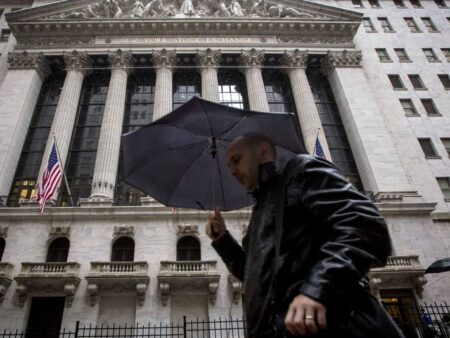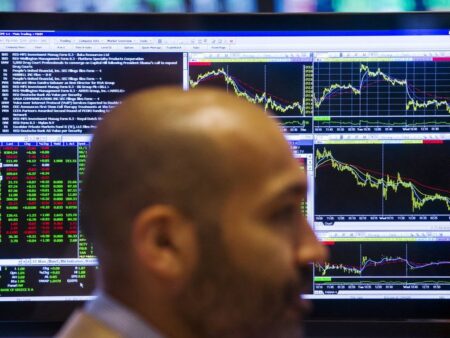Investing.com — The appointment of Robert F. Kennedy Jr. as the new Secretary of Health and Human Services (HHS), pending Senate approval, could have big implications for the US food sector.
Kennedy’s outspoken stance against “Big Food” and his call to remove chemicals from America’s food supply signal potential challenges for the industry. His proposal to declare a national emergency for chronic disease underlines an aggressive regulatory approach that could reshape policies affecting packaged food companies.
Key concerns include school lunch programs, which may see stricter guidelines on sugar, sodium, and trans fats.
“While levels of trans fats have largely been reduced to de minimis levels per serving, many foods including sugary cereals, processed meats, soups and yogurt could be affected,” Bernstein analysts said in a note.
“Having said that, it is notoriously hard to establish a firm definition of ‘processed foods’ and the industry has a track record of responding to specific tightening of nutrition guidelines with incremental change that keeps their products within scope.”
Another focal point is Kennedy’s advocacy for reducing synthetic food dyes like Red 40 and Yellow (OTC:) 5, which are already restricted in Europe. Companies such as PepsiCo (NASDAQ:), WK Kellogg (NYSE:) Co (NYSE:), General Mills (NYSE:), and Kraft Heinz (NASDAQ:), whose products often feature these dyes, could face increased scrutiny.
Meanwhile, the beverage sector could be impacted by Kennedy’s interest in restricting Supplemental Nutrition Assistance Program (SNAP) benefits for purchasing processed foods and sugary drinks.
A USDA study found that 10% of SNAP benefits are spent on sweetened beverages, making them a likely target. However, it “could be challenging to define exactly which foods should be excluded from SNAP coverage,” Bernstein analysts said.
Broader regulatory shifts might include programs to promote healthier eating, drawing from international models like Europe’s sugar taxes or the UK’s High Fat, Sugar, and Salt Initiative.
Enhanced front-of-pack labeling could also emerge, raising consumer awareness and potentially dampening demand for highly processed foods.
Kennedy’s appointment comes amidst ongoing inflationary pressures on the food supply chain, exacerbated by labor shortages and potential immigration crackdowns. Stricter policies on farm subsidies could also drive up food prices while encouraging healthier crop production, altering the competitive landscape for processed food manufacturers.
Even if legislative changes are limited, heightened media coverage of Kennedy’s “Making America Healthy Again” agenda could influence public perception, drawing parallels to past shifts following debates on GMO labeling.
Past national media coverage of this debate significantly influenced consumer behavior. This awareness extended to issues like artificial flavors, colors, and the use of hormones and antibiotics in meat and dairy. The result was a decline in demand for heavily processed foods and a surge in cleaner-label brands.
“We wonder if this time around, we could see a similar effect,” analysts asked.
However, they also caution that Kennedy’s efforts might face resistance. Particularly among Trump voters, opposition to perceived overreach into personal food choices could limit the impact of such initiatives and potentially shorten Kennedy’s tenure at HHS.
Source link

















